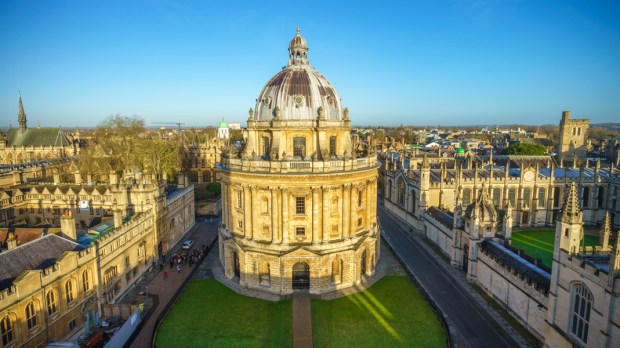Lenten Campaign 2025
This content is free of charge, as are all our articles.
Support us with a donation that is tax-deductible and enable us to continue to reach millions of readers.
It’s not so much how much you know but how you think that will get you into a prestigious university like Oxford.
That’s the conclusion of an article that appeared in the Guardian recently and republished at a website called Young Post. It reported on a list of college admissions interview questions that Oxford releases annually.
Applicants who want to study earth sciences, for example, might be shown a rock and asked to explain what it looks like. Aspiring theology students are asked to explain the value of religion whether God exists. Those wanting to study medicine might be asked, “Is it surprising that viruses cause human diseases?” Chemistry candidates could be asked to calculate how many different molecules can be made from six carbon atoms and 12 hydrogen atoms.
The university’s director of admissions, Samina Khan, advises candidates not to be afraid to give plain answers at first,” according to the article. “She said: ‘It is often best to start responding by making very obvious observation and building up discussion from there – solving the problem quickly is less important than showing how you use information and analysis to get there.'”
Magdalen College history professor Siân Pooley advised potential history students how to explain what they cannot find out about the past:
“A candidate might start off by saying that they had been studying Tudor England and historians don’t know much about the lives of the poor because they were less likely to be able to write,” she said. “Given these lower levels of literacy, we could then talk about what sources historians can use to learn about the lives of the majority of the population in 16th-century England. This would require the candidate to think creatively about alternative sources (and their drawbacks), such as, for instance, criminal court records in which people who could not write were required to give oral testimony as witnesses. “They might want to think about how structures of power have altered over time or about how social norms for what can be recorded and kept in archives have changed. This is the sort of conversation that no candidate could predict in advance.”

